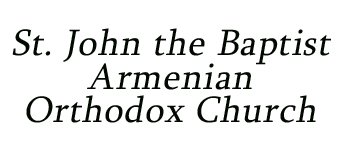DRIVEN BY LOVE
One night, a man was driving down a dark, lonely highway. It was late, and there wasn’t a soul in sight. Suddenly, he heard a loud thud. Startled, he pulled over and saw a figure lying by the roadside. He realized he had accidentally struck a hitchhiker who had been standing too close to the road.
In that moment, fear gripped his heart. He wanted to jump into his car and drive away. But then, as he turned to get back into his car, he heard a faint, desperate voice. The injured man whispered, “For the love of God, help me.” The driver resisted his fearful temptation and returned to help.
